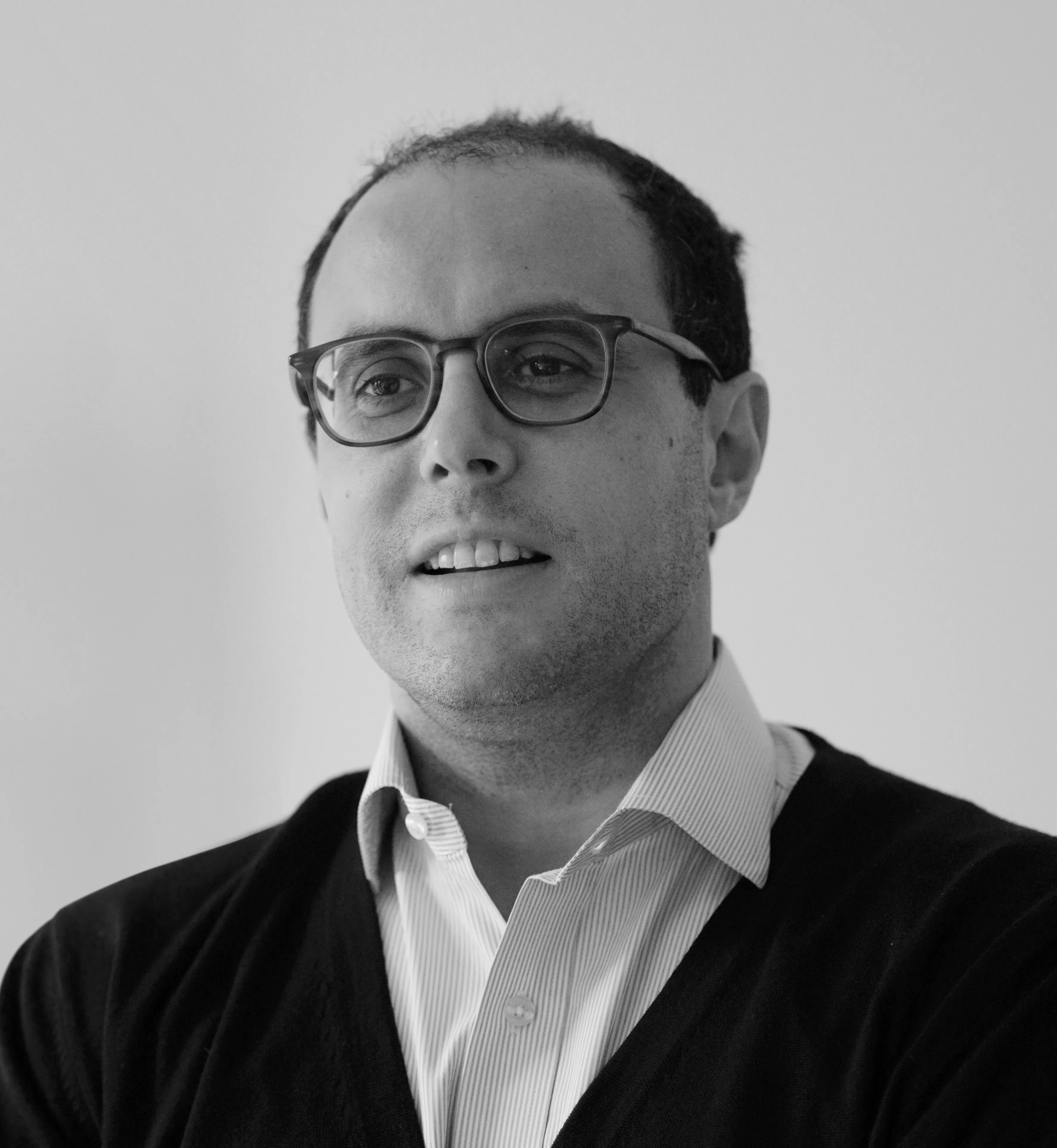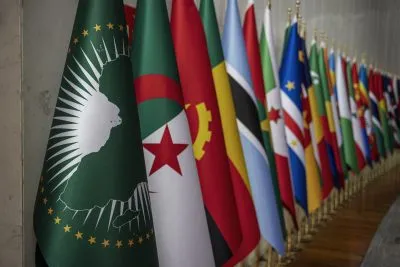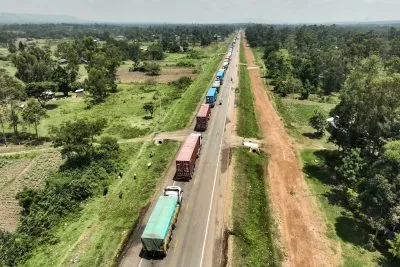With global priorities shifting and traditional sources of development finance facing growing domestic pressures, a not-so-quiet consensus is growing that African multilateral development banks (MDBs) will have to play a greater role in supporting the continent’s development. This view is shared by Nardos Bekele-Thomas, chief executive officer of the African Union Development Agency – New Partnership for Africa’s Development (AUDA-NEPAD), the agency tasked with, among other things, seeing to the realisation of the union’s Agenda 2063.
On the sidelines of the World Bank and IMF Spring Meetings, Bekele-Thomas emphasised to African Business that coordinated action will be critical to this enhanced mission that the continent’s MDBs must now take on. A high-level meeting, slated for 11 May and convened under the auspices of President João Lourenço of Angola, current chairman of the AU, is expected to kick off an era of closer cooperation between MDBs, development institutions and political leaders.
“Right now what happens is that the financial institutions meet together and they talk, and the development practitioners talk separately. There is no place where development institutions, financial institutions and leaders sit together and discuss,” Bekele-Thomas explained.
“Given the situation, there is a need for these financial institutions to be strengthened, and a need to really have a discussion around the policy issues framing the financial system and how that system supports development.”
Debt cancellation dilemma
The objective, she said, is to create a platform where financial and development institutions can align their efforts and identify priority areas for funding. The meeting will also be an opportunity to address some of the structural issues that Africa’s MDBs face.
“They need to be [better] capitalised,” Bekele-Thomas noted. Equally important, she said, is creating an environment with policies and regulations that help MDBs thrive. However, discussions around debt sustainability, while necessary, carry potential risks for MDBs if not handled carefully.
“There are countries suggesting debt cancellation,” Bekele-Thomas said. “But the financial institutions [I have spoken to] are saying debt cancellation is not going to help [them] because that would put [them] in a very high-risk category.”
It will also be a useful forum to assess the broader regulatory framework governing Africa’s financial institutions. “We need to really discuss the regulatory framework of these financial institutions and how we can tweak it to make sure they are reinforcing the development efforts of the continent.”
For one thing, she pointed out, many of the MDBs on the continent are relatively small, meaning that funding remains fragmented and insufficient in scale.
“No one individual entity can have the necessary capital to fund these mega projects,” Bekele-Thomas said. “How do we consolidate, how do we bring them together to be able to fund programmes like that?
Thoughtful deliberations on these matters, Bekele-Thomas said, would ensure an outcome that is beneficial to all parties and stand the continent in good stead to confront a future in which it must look much more inward than it has done since the independence era.
“We need to have a nuanced discussion so we don’t create a problem for these institutions. They are an integral part of the continent’s development and whether we like it or not, we are not going to have overseas development assistance to the tune that we have had in the past. We need to really find a strategy on how to stand on our feet,” she stressed.
Investment fund mooted
One of the issues that would also be on the table is the creation of an investment fund that AUDA-NEPAD has mooted. A feasibility study on the fund has been completed, Bekele-Thomas said, and MDBs will be invited to support and even manage the fund since, as she pointed out, her organisation is not as equipped for that task.
“It would be very difficult for AUDA-NEPAD to have a development fund and to grow it because one, we don’t have the expertise, and two, we don’t have that credibility vis-à-vis the investors,” she conceded. Rather, the fund would operate as an investment vehicle, disbursing financing at concessional rates to critical sectors, with initial capital to come from member states through the MDBs.
The purpose of the fund is to direct funding to sectors and projects that are essential for the continent’s growth. “It would reorient funding towards the priority programmes that are very catalytic for the continent. That’s number one,” she said.
“Secondly, there are some programmes that are not ready because MDBs are working mainly with individual governments. But some regional programmes need funding, and this fund will be created to address that.”
Among the specific areas of focus will be scaling up local production in critical sectors like health.
“We want to make sure that the 24 essential medical products we have identified, and the 45 SMEs we have mapped that are working on them, receive the financing they need to produce at scale,” Bekele-Thomas explained.
Financing through the proposed special fund would be made available at concessionary rates, so that SMEs and key industries can access the funding without incurring an inordinately heavy debt burden. The fund will however be open to shifting its areas of focus so that in the long term, all sectors may benefit.
“For example, this year we might focus solely on energy projects. Then after two years, perhaps we shift focus. But the reorientation of priority areas for funding will be directed by the member states themselves. All the enablers – infrastructure, including digital infrastructure – are very critical and very important for us.”
The fund would operate as an investment vehicle with initial capital to come from member states through the MDBs. The fund will not compete with other existing funds or MDBs in the continent but increase strategic efforts in tackling the infrastructure funding deficit currently experienced in various sectors.
Infrastructure has, of course, been a longstanding area of concern for the continent and through the Programme for Infrastructure Development in Africa (PIDA), AUDA-NEPAD will be seeking to direct funding towards closing the continent’s infrastructure gap. A comprehensive review of PIDA programmes is on the cards, with the possibility of incorporating new strategic projects, including, possibly, the Lobito Corridor project – a transport and infrastructure corridor connecting Angola to the DRC and Zambia – should the American government pull back its support.
“We are going to create the ecosystems that we think Lobito should have to fulfil the criteria of the PIDA programmes,” Bekele-Thomas said.
At the same time, AUDA-NEPAD, Bekele-Thomas explained, is thinking about ways to mitigate the impact of potential changes to the African Growth and Opportunity Act (AGOA), the Clinton-era initiative which provides African exports preferential access to US markets but which could be scrapped by President Trump.
“We have to get ready for that,” Bekele-Thomas said, noting that the African Continental Free Trade Area is one of the tools that the continent has to address the potential impact of AGOA coming to an end.
“We’ll push for AGOA but in the meantime, alternative strategies are very important for us,” she stressed, a maxim which could apply to Africa’s broader approach to the current moment.
Want to continue reading? Subscribe today.
You've read all your free articles for this month! Subscribe now to enjoy full access to our content.
Digital Monthly
£8.00 / month
Receive full unlimited access to our articles, opinions, podcasts and more.
Digital Yearly
£70.00 / year
Our best value offer - save £26 and gain access to all of our digital content for an entire year!

 Sign in with Google
Sign in with Google 



